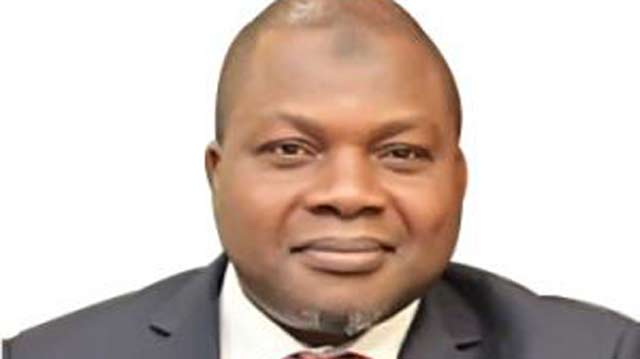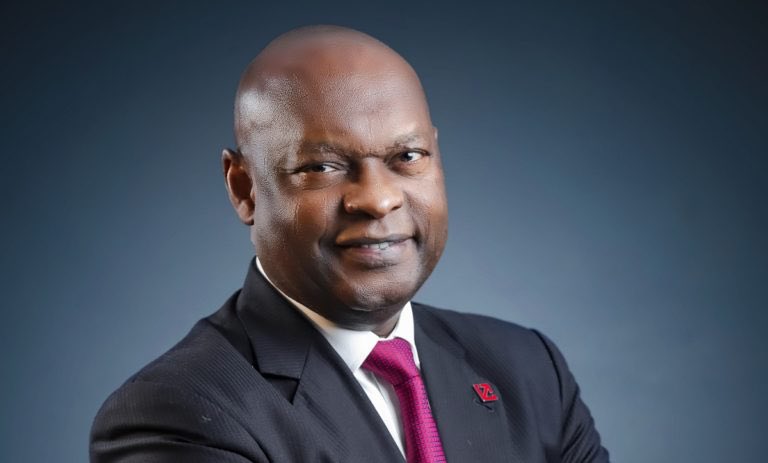Nigeria is forfeiting a vast pool of long-term savings and investment capital because most of its estimated 70 million informal sector workers are excluded from pension and insurance schemes, financial experts have warned.
Speaking at an industry event involving insurance and pension operators in Lagos, the Managing Director of Arthur Stevens Asset Management Limited, Olatunde Amolegbe, stated that failing to capture the informal economy poses a significant economic risk to the country’s financial stability and growth ambitions.
Amolegbe said the insurance and pension industries, two critical arms of Nigeria’s financial system with the potential to mobilise massive long-term funds, were still underdeveloped, with penetration levels among the lowest globally.
“Approximately 92 per cent of Nigeria’s employed population works in the informal sector, yet only 26.3 per cent had access to a pension plan or health insurance in 2023. Six years after the micro-pension scheme was launched, enrolment is barely 173,000 contributors. This represents a huge gap and an even greater opportunity,” Amolegben said.
Industry data suggest the cost of this exclusion is enormous. Nigeria’s pension assets reached N23 trillion in 2025, equivalent to 8.6 per cent of GDP, while insurance premiums hit N1.56 trillion in 2024.
Experts estimate that extending coverage to the informal sector could more than double these figures, creating fresh investible funds for infrastructure, capital markets, and private enterprise.
Between 2020 and 2024, public sector pension contributions surged 71.7 per cent to N5.89 trillion, while private sector contributions grew 65.7 per cent to N5.42 trillion. Retirement Savings Accounts rose 14.8 per cent to 10.58 million, but micro pension contributions stood at just N1.06 billion, evidence of a vastly under-tapped market.
ALSO speaking at the forum, former Commissioner for Insurance, Sunday Thomas, corroborated the losses and urged operators to simplify processes, adopt digital technology, and consider setting up micro PFAs (Pension Fund Administrators) embedded within communities where informal workers operate.
He also called on insurers to use the publicity around the Nigerian Insurance Industry Reform Act (NIIRA) 2025 to intensify financial literacy campaigns, particularly among young Nigerians.
According to him, bringing millions of informal workers into formal savings structures is not just a social imperative but an economic necessity.
“Insurance and pensions are not just about individual security; they are economic stabilisers. They reduce poverty, lower dependency on family and government, provide long-term capital, and attract foreign investment by mitigating risks,” Thomas
said.






